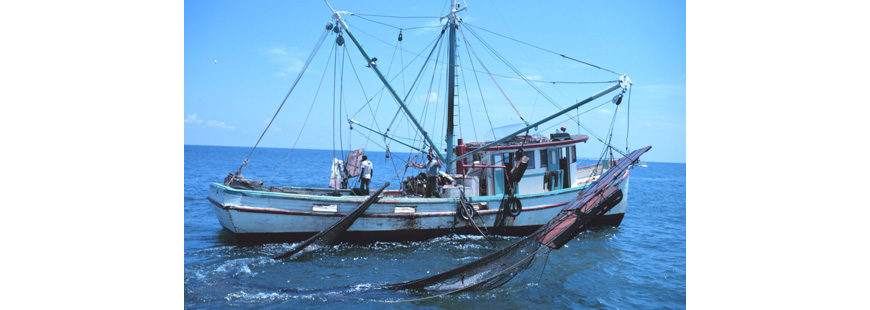On Tuesday May 7, the Louisiana House of Representatives unanimously passed HB 335, a new law that would require restaurants to display the country of origin for all shrimp and crawfish. The bill was reported out of the Louisiana Senate Health and Welfare Committee on May 22 and passed the Senate yesterday. Could this bill provide a blueprint for other state laws or the federal government to require labeling for all seafood?
Country of origin labeling would be a boon to our fishermen who are on the losing end of a trade war and consumers who need better information. Seafood markets and grocery are already required to label the country of origin of all their seafood. It makes sense to mirror these requirements in restaurants, which is where the overwhelming majority of seafood is consumed in this country.
Though the seafood harvesters in Louisiana expected resistance from restaurants, many chefs were in favor of this bill as highlighted by this article in nola.com. Most chefs I know want the best quality product and want to support local fishermen.
Government regulation is not exactly popular here in Louisiana, but the public Facebook comments for the article are unusually uniform in their support of this bill. At Healthy Gulf, we rarely get more than a few comments on our own posts, but we also had a high number of responses, indicating this is an issue that voters are excited about.
As a former chef who now works with chefs and fishermen on fisheries policy, one thing you will hear from both groups is that they generally do not prefer imported seafood. The quality tends to be lower compared to wild-caught domestic. Imported seafood, especially shrimp, is viewed as potentially unclean or unsafe. The prices are so low that it makes it impossible for our local fishermen to compete. It may be that consumers really do prefer the low price of imported seafood, but they should at least be told the origin so they can make an informed decision.
Some have said this bill won’t do much to close the seafood trade deficit, but I believe this bill would help our harvesters who desperately need our support. Many consumers and tourists assume that because we are on the Gulf that our seafood in our local restaurants also comes from the Gulf. The eaters have no way of knowing because even if they ask, some servers might not know where the fish comes from or they might lie because they are embarrassed to serve imported seafood. A lot of seafood harvesters I know won’t order seafood when they eat out because they don’t know what they’re supporting.
The shame factor could convince some Louisiana restaurants to support their local fisherman even if it costs a little more money. That will keep more money in the state and country while cutting down on transportation costs and emissions. It could even help bring up shrimp prices in Louisiana, which have been plummeting.
Fishermen are already getting squeezed by poor environmental conditions and unfavorable economics that result from trying to compete with other countries that don’t have a commitment to the long term viability of their fisheries. This bill would be no more burdensome than any other legal requirement that they display certain information on their menus, such as warnings against consuming raw shellfish.
Some opposed to the bill have argued that this is an unfunded mandate or that it will be difficult to enforce. But restaurants are already required to keep seafood invoices and trip tickets. It shouldn’t be hard for health inspectors, who already regularly inspect restaurants, to cross reference the invoices with their menus.
The bill will now head to the governor’s desk, and it could represent the beginning of a sea change in the seafood industry. If other states or the federal government follow suit, expect resistance from larger restaurant chains and their representatives who rely on imported seafood. It happened here, but grassroots resistance and popular support for the bill proved too much. Not a single Louisiana representative dared vote against it.
Sure, the state has a cultural and economic identity tied to seafood that makes it more protective of its fishermen, but Louisiana’s recipe for success should look familiar to anyone who followed the Magnuson-Stevens Act reauthorization in the last Congress. When seafood harvesters, restaurants and conservation groups all join forces, we are tough to beat.



I’m more concerned with sustainability. The labeling needs to include what part of the ocean and how it is caught as well to make a proper choice for sustainability.